Moody Blues more than a one-hit wonder
Share
LeaderPost.com
Not everyone would put the Moody Blues alongside the Beatles and Rolling Stones, but they also rode the wave of success during Britain's historic rock invasion.
Their most notable album, 1967's Days of Future Passed, was supposed to be about experimenting with sound. Justin Hayward, the lead guitarist and vocalist for the Moody Blues, was only 21 years old when the album was released.
"At that time I thought we were making an arty little record that a few groovy hipsters would like . and that's about it," Hayward said from a hotel in Quebec City.
For decades, people have fallen in and out of love to the album's biggest single, Nights in White Satin.
"I sang the first line to the other guys and they were like, 'Oh it's all right,'" he said. "I sang the whole song and nobody was that enthusiastic."
For whatever reason, the song exploded and has stayed in pop culture.
"Nights in White Satin is a curious thing," he said. "I was a bit stoned all through and I never thought I'd have to remember (it). All I can say is that Nights came from the heart - I felt it."
But Hayward never felt like a one-hit wonder - which is understandable considering the Moody Blues have sold more than 70 million albums worldwide.
"The first seven years of the band really set us up beautifully for a wonderful career without pigeonholing us too much or connecting us to any trend or fashion," he said.
Hayward said he knew what made them successful - complex, symphonic music that provided a more palatable aural experience.
"We had great classical engineers and it took a lot of care to record our stuff beautifully because we loved the whole stereo picture that music could create," he said. "When (Days of Future Passed) hit, it was just perfect for that medium. I love every Beatles record but the stereo mixes on them are awful - drums on the right, voices on the left - there is just no thought put into it."
Even with the success of Days of Future Passed, Hayward said the majority of their success has come in the last 20 years.
"It's only in the last few years that people of our own generation have really come back to us," he said.
The challenge is being able to play songs with the same clean, wide-ranging sound to the stage the way audiences dream of hearing them.
"We play things from every album," he said. "The first half of the show is some of the newer things and then the last (half) really is the greatest hits the stuff that you wouldn't want to leave the stage without playing."
Like his unpredictable music, Hayward said playing in Canada is always a venture into the unknown.
"Canada is always the unexpected," he said. "So far we've just done ice hockey arenas and . it's stepping into Alice in Wonderland. It's like stepping into the looking glass and you're into this other world of all this ice hockey stuff backstage."
As for the success of their shows and records, Hayward said Canadians don't simply want what the rest of the world is listening to.
"It's not quite as predictable . A success in Canada does not always run parallel to the success in North America," he said. "It's always enjoyable and demonstrative crowds - they say what they mean. They're honest and I like it."
The Precious Cargo tour, which includes seven Canadian dates, features the three remaining members of the Moody Blues - Hayward, Graeme Edge (drums) and John Lodge (bass and vocals).

